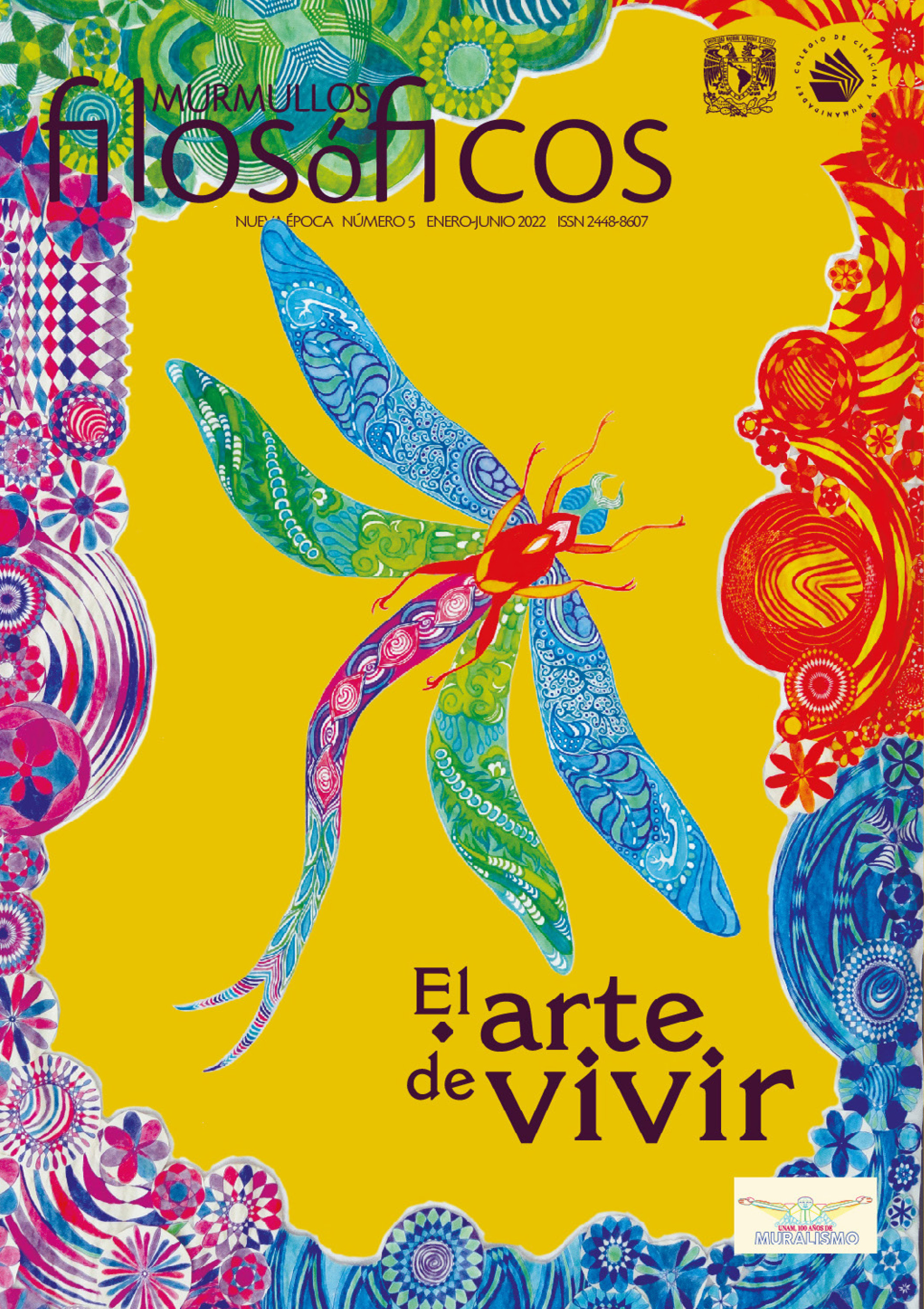The aporias of the testimony: of the absurd and the writing in the literature of the Lager
Main Article Content
Abstract
The suppression of the absurd is one of the main goals of human reason. Knowing, understanding, and apprehending are ways of organizing the various phenomena we call reality, world, and existence. The construction of symbols, myths and stories represent
the first ways in which the human psyche operates in the search for meaning. However, in the so-called Lager literature, the testimony accounts for a series of aporias that move between the absurd and the rational. How to make intelligible a historical experience that has been experienced as something aberrant and that, in turn, needs to be told profusely? How to give
coherence to a terrible situation that has manifested itself, in all crudeness, as the most radical absurdity of history? Human existence? This article will expose some of these paradoxes and the various ways in which they were explored by those
of its survivors who decided to bear witness to this traumatic experience, always seeking to give a voice to all those who did not survive.
Article Details
Citas en Dimensions Service

Murmullos Filosóficos by Escuela Nacional Colegio de Ciencias y Humanidades is licensed under a Creative Commons Reconocimiento-NoComercial-CompartirIgual 4.0 Internacional License.
Creado a partir de la obra en www.revistas.unam.mx/index.php/murmullos.

